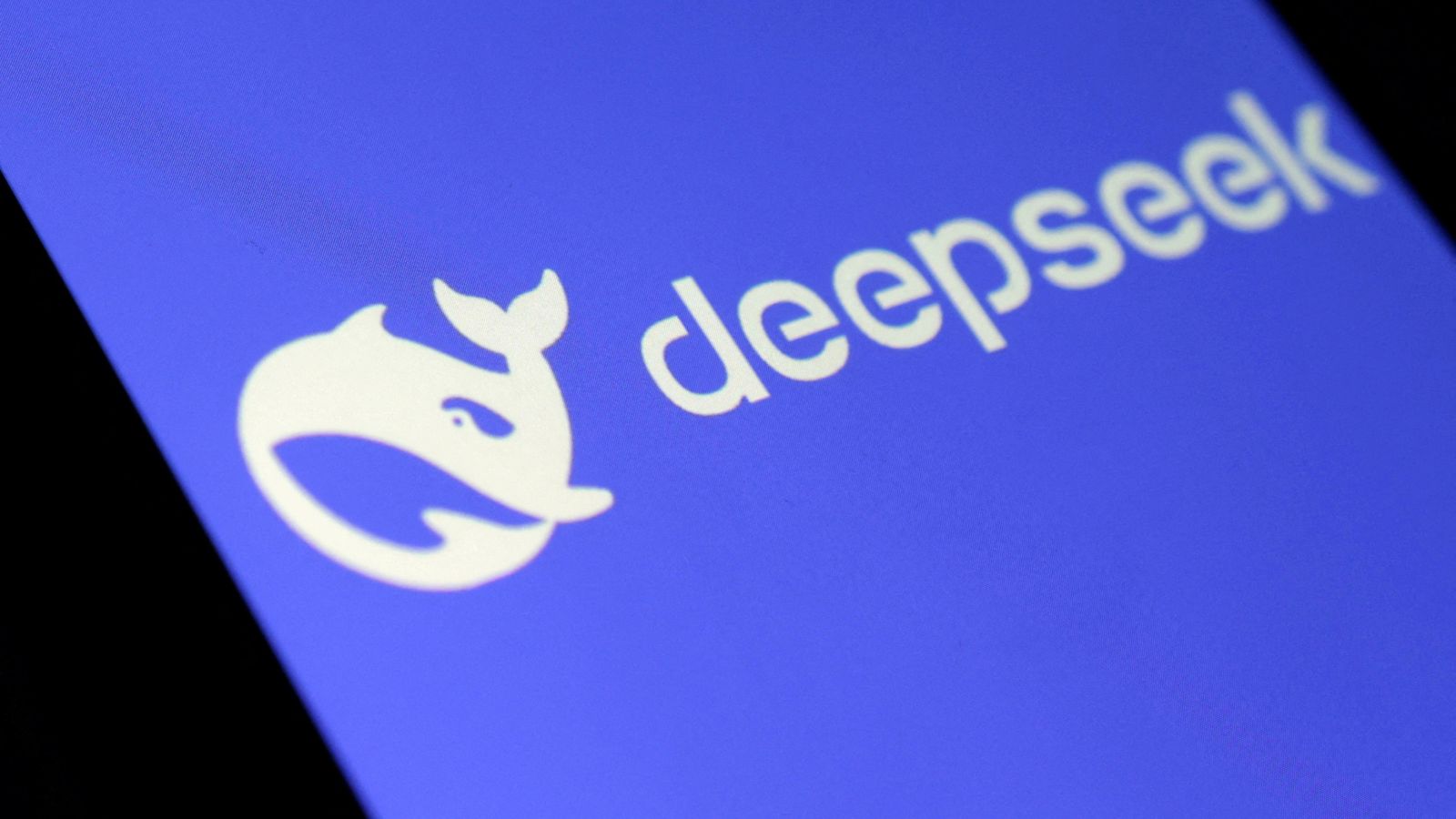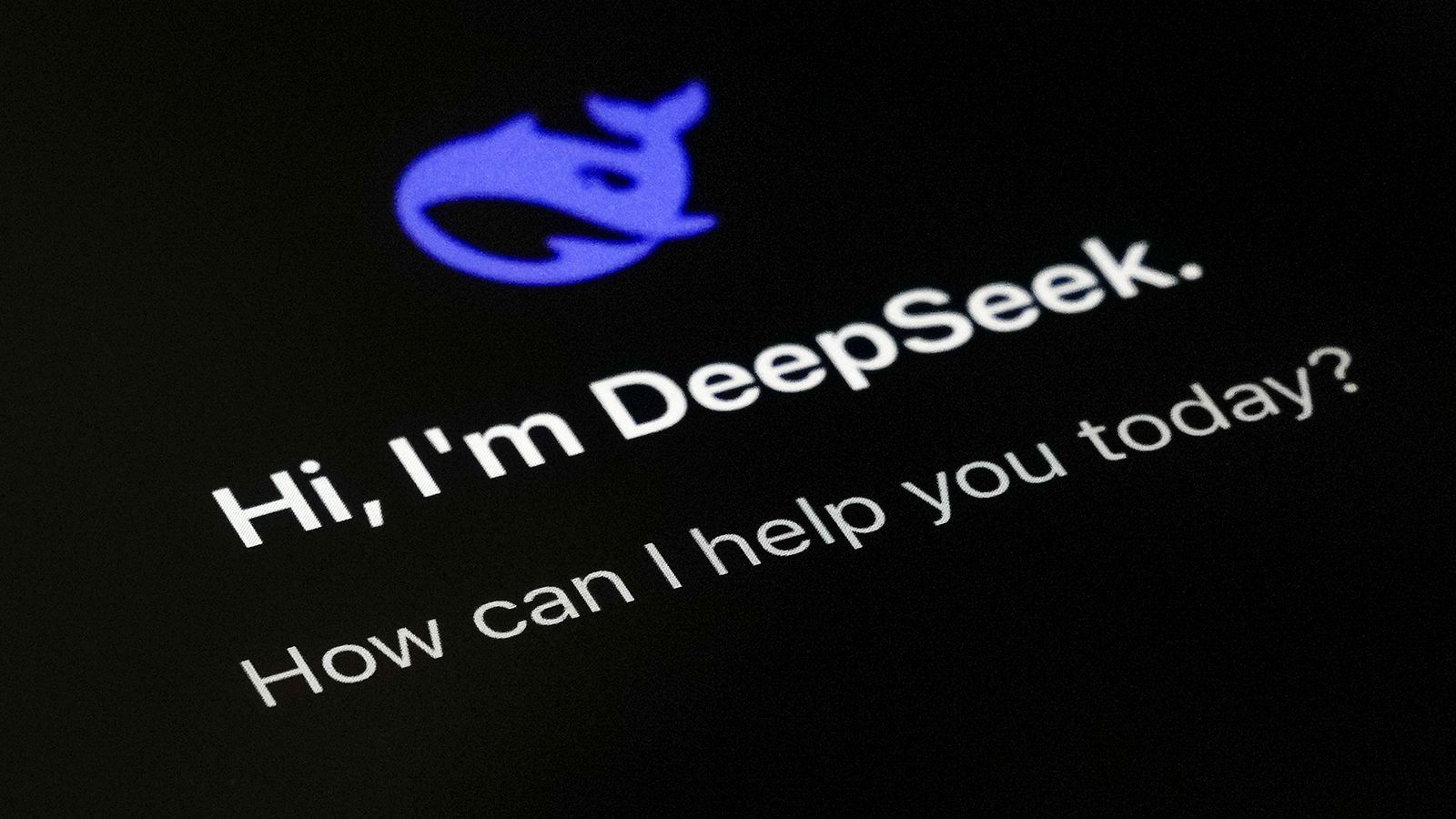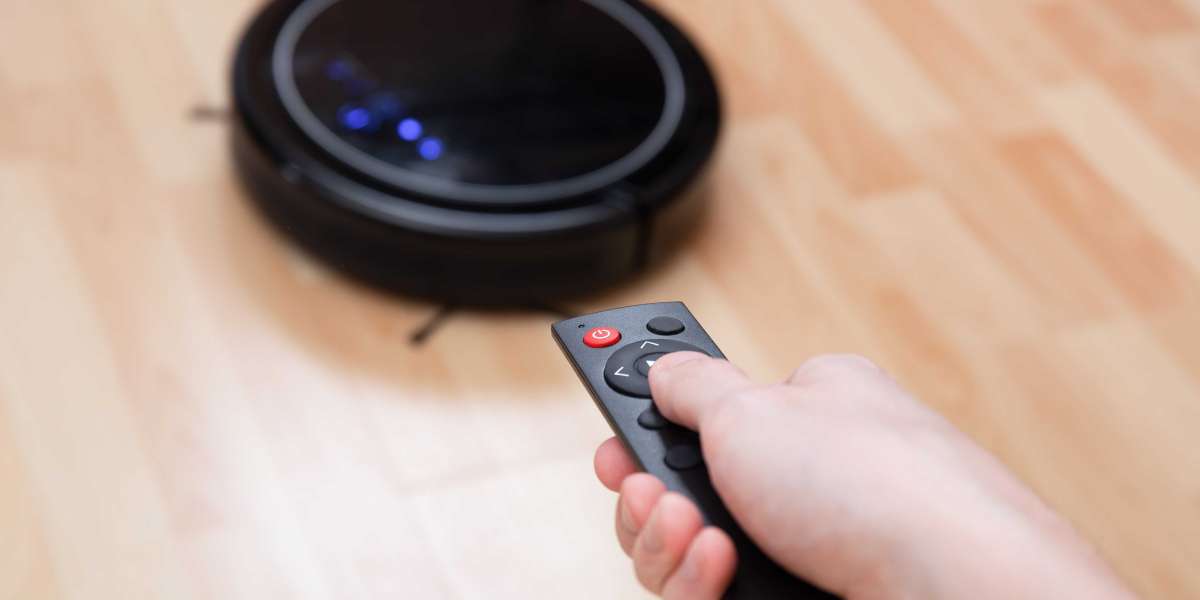For Christmas I got a fascinating gift from a buddy - my really own "best-selling" book.

"Tech-Splaining for Dummies" (great title) bears my name and my picture on its cover, and links.gtanet.com.br it has glowing reviews.

Yet it was totally composed by AI, with a few basic prompts about me supplied by my pal Janet.
It's an interesting read, and uproarious in parts. But it likewise meanders quite a lot, and is somewhere between a self-help book and a stream of anecdotes.
It imitates my chatty style of writing, but it's likewise a bit recurring, and very verbose. It might have exceeded Janet's prompts in collating data about me.
Several sentences begin "as a leading technology reporter ..." - cringe - which could have been scraped from an online bio.
There's also a mystical, repetitive hallucination in the kind of my feline (I have no pets). And there's a metaphor on almost every page - some more random than others.
There are lots of companies online offering AI-book composing services. My book was from BookByAnyone.
When I got in touch with the chief executive Adir Mashiach, based in Israel, he informed me he had actually sold around 150,000 personalised books, primarily in the US, since pivoting from compiling AI-generated travel guides in June 2024.
A paperback copy of your own 240-page long best-seller expenses ₤ 26. The company utilizes its own AI tools to generate them, based upon an open source large language design.
I'm not asking you to purchase my book. Actually you can't - just Janet, who developed it, can purchase any additional copies.
There is currently no barrier to anybody developing one in any person's name, consisting of celebrities - although Mr Mashiach states there are guardrails around violent material. Each book consists of a printed disclaimer stating that it is fictional, created by AI, and created "entirely to bring humour and happiness".
Legally, the copyright comes from the company, but Mr Mashiach stresses that the item is planned as a "personalised gag gift", and the books do not get sold even more.
He wishes to expand his range, producing different genres such as sci-fi, and possibly offering an autobiography service. It's developed to be a light-hearted form of consumer AI - selling AI-generated items to human clients.
It's likewise a bit terrifying if, like me, you write for a living. Not least since it probably took less than a minute to create, and it does, certainly in some parts, sound just like me.
Musicians, authors, artists and actors worldwide have expressed alarm about their work being used to train generative AI tools that then produce comparable content based upon it.
"We must be clear, when we are discussing information here, we actually imply human creators' life works," says Ed Newton Rex, founder of Fairly Trained, which projects for AI companies to respect creators' rights.

"This is books, this is posts, this is pictures. It's works of art. It's records ... The entire point of AI training is to learn how to do something and then do more like that."
In 2023 a song featuring AI-generated voices of Canadian vocalists Drake and The Weeknd went viral on social networks before being pulled from streaming platforms due to the fact that it was not their work and they had actually not consented to it. It didn't stop the track's creator trying to choose it for a Grammy award. And although the artists were phony, it was still wildly popular.
"I do not believe the use of generative AI for creative purposes ought to be prohibited, but I do believe that generative AI for these purposes that is trained on individuals's work without consent should be banned," Mr Newton Rex includes. "AI can be extremely powerful but let's construct it fairly and relatively."
OpenAI states Chinese competitors using its work for their AI apps
DeepSeek: The Chinese AI app that has the world talking
China's DeepSeek AI shakes industry and damages America's swagger
In the UK some organisations - consisting of the BBC - have actually selected to obstruct AI designers from trawling their online content for training purposes. Others have decided to team up - the Financial Times has actually partnered with ChatGPT creator OpenAI for example.
The UK government is considering an overhaul of the law that would enable AI designers to utilize creators' content on the internet to assist establish their designs, unless the rights holders choose out.
Ed Newton Rex explains this as "madness".
He points out that AI can make advances in areas like defence, healthcare and logistics without trawling the work of authors, reporters and niaskywalk.com artists.
"All of these things work without going and changing copyright law and messing up the incomes of the country's creatives," he argues.
Baroness Kidron, a crossbench peer in the House of Lords, is also strongly against getting rid of copyright law for AI.
"Creative industries are wealth creators, 2.4 million jobs and a great deal of happiness," says the Baroness, who is also an advisor to the Institute for Ethics in AI at Oxford University.
"The federal government is undermining among its best performing industries on the vague pledge of development."

A government representative stated: "No relocation will be made until we are definitely confident we have a useful plan that provides each of our goals: increased control for best holders to assist them accredit their material, access to premium material to train leading AI models in the UK, and more openness for right holders from AI designers."
Under the UK government's brand-new AI strategy, a nationwide information library including public information from a wide variety of sources will likewise be made readily available to AI researchers.
In the US the future of federal rules to control AI is now up in the air following President Trump's return to the presidency.
In 2023 Biden signed an executive order that aimed to boost the safety of AI with, to name a few things, firms in the sector required to share details of the operations of their systems with the US federal government before they are launched.
But this has now been rescinded by Trump. It stays to be seen what Trump will do instead, but he is stated to want the AI sector to face less regulation.
This comes as a variety of suits versus AI firms, and particularly against OpenAI, continue in the US. They have been gotten by everyone from the New york city Times to authors, music labels, and even a comic.
They claim that the AI companies broke the law when they took their material from the internet without their permission, and utilized it to train their systems.
The AI business argue that their actions fall under "fair usage" and are therefore exempt. There are a number of elements which can constitute reasonable usage - it's not a straight-forward definition. But the AI sector is under increasing examination over how it gathers training data and whether it must be paying for it.
If this wasn't all adequate to ponder, Chinese AI company DeepSeek has actually shaken the sector over the past week. It became the most downloaded free app on Apple's US App Store.
DeepSeek declares that it developed its innovation for a fraction of the cost of the similarity OpenAI. Its success has raised security concerns in the US, and threatens American's current supremacy of the sector.
As for me and a profession as an author, I think that at the minute, if I truly desire a "bestseller" I'll still have to write it myself. If anything, Tech-Splaining for Dummies highlights the existing weakness in generative AI tools for larger jobs. It is complete of inaccuracies and hallucinations, and it can be rather difficult to check out in parts because it's so long-winded.
But provided how quickly the tech is developing, I'm unsure how long I can remain positive that my considerably slower human writing and modifying skills, are much better.

Register for our Tech Decoded newsletter to follow the most significant advancements in global technology, with analysis from BBC reporters around the globe.
Outside the UK? Sign up here.







